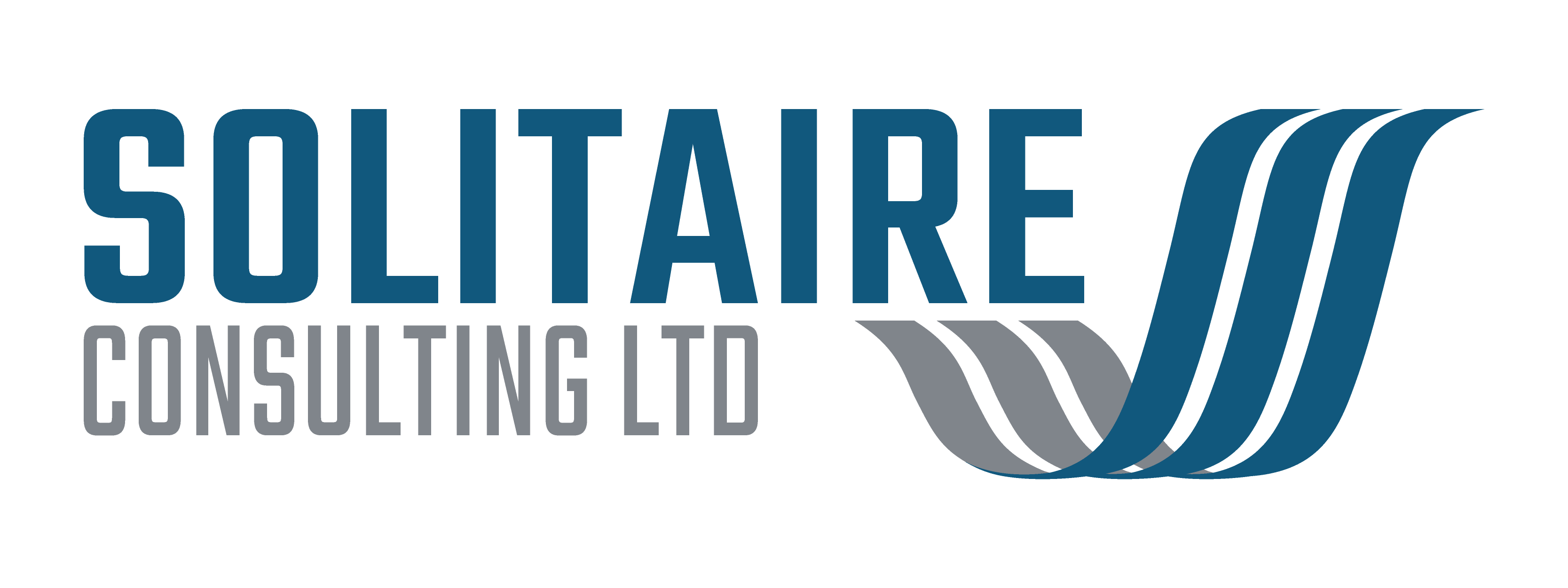“The number one benefit of information technology is
that it empowers people to do what they want to do.
It lets people be creative. It lets people be
productive. It lets people learn things they didn’t
think they could learn before, and so in a sense it is
all about potential.” Source: Steve Ballmer, Microsoft Corp
Most businesses today invest heavily in Information & Communication Technology (ICT), but often this is only seen as a necessary cost of doing business. Business leaders need to be asking themselves:
What Value do we gain from investment in ICT?
From the perception of the ICT Department this is likely to focus on the nearly 100% uptime, speed and accuracy of transaction processing, or the ability to provide staff with instant access to email and office systems from anywhere they choose to work from.
Whilst this is very important the real value of ICT must go further than this if it is to help enable the business to develop and compete. In order for ICT to provide this next level of value companies need to focus on the use of technology to enable:
• Process optimisation and improvements in efficiency
• Innovation and improved decision-making
• Collaboration and interaction with customers, suppliers and partners
This is not just about the acquisition of new technology, which on its own is not enough to drive meaningful business change. It is about how that technology is deployed and used across all levels of the business.
Technology as an enabler for efficiency
In most businesses technology is embedded in almost every business process. It is at the core of a company’s cost centre, and in particular sectors is inextricably linked to productivity and a company’s core value proposition. But in how many of these companies is this technology being used to its full potential?
ICT implementation projects have a reputation for attempting to deliver too much too quickly, with the inevitable result being the project overruns in both time and cost. Projects are scaled back to deliver minimum functionality and commitments made to deliver the additional value in later phases. How often do these phases get postponed indefinitely? The result is a business which is operating sub-optimally, using short-term workarounds that become part of ‘business as usual’.
The most successful ICT projects aim to deliver 80% of the benefits for 20% of the cost. This can only be achieved with a very strong link between ICT and business people.
Technology to improve decision-making
Businesses generate and store a mass of data. Data needs to be transformed into knowledge to make it useful to decision makers. This value-adding process relies on technology to:
• Aggregate, manipulate and organise data;
• Carry out analysis and evaluation; and
• Report the information in proper context for human use.
A business’s ability to do this better than its competitors gives it a strategic advantage, particularly in the context of innovation and development of new products and services.
Technology to develop strategic relationships
In the global economy the ability of a business to take advantage of new ways of communicating and transacting business can drive value and lower the cost of interactions between a company and its suppliers, partners and clients. Technologies such as social media, open source, cloud etc can challenge the traditional ICT Department and require new ways of working.
Increasing the benefit from investments in technology
In many cases companies already have access to the technology, but there is a lack of co-ordination between the business and ICT, and a lack of innovative thinking to make the most of these opportunities. Left to their own devices staff will serve their needs first and a plethora of mini-systems will evolve across the business. The culture of the company and a disciplined ICT department will ensure systems serve the company and its customers first.
The key to making more use of the technology present within the business is to harness the creativity of the staff that use this technology. They know the frustrations of inefficient processes, they know what data is collected and they know how their own jobs can be improved.
Solitaire Consulting can help unlock this potential within your people and technology systems. Large gains in productivity and process efficiency can often be achieved without having to resort to high cost, high risk IT projects. The aim is to help you achieve 80% benefit from 20% of the investment.





4 responses